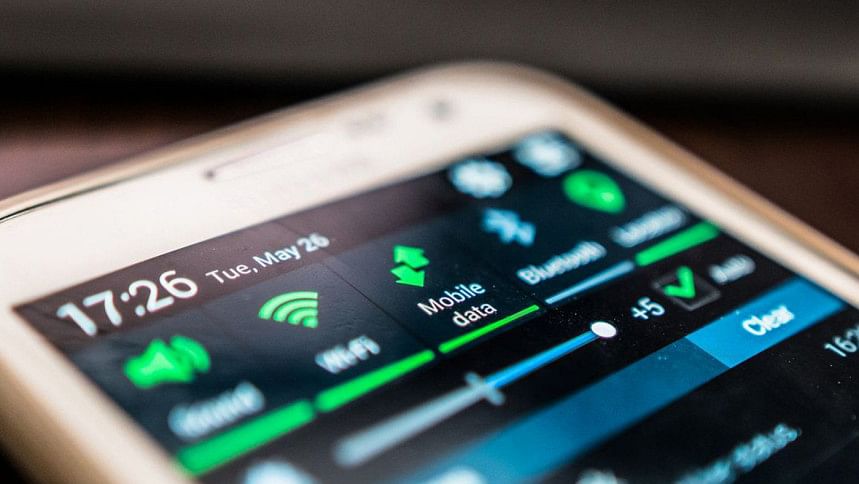Why Bangladesh’s mobile data slower than Myanmar’s

Bangladesh has one of the slowest mobile data speeds in the region, lower than neighbouring Myanmar, with prices higher than neighbouring India and Pakistan or even developed nations like Italy and France.
So why has the "Digital Bangladesh" initiative not yet delivered on its promises? Why is a country with so much potential lagging behind? In this article, we will analyse the root causes of these issues.
Digital struggles due to corruption: Corruption and inefficiency have derailed the Digital Bangladesh Vision, and if left unaddressed, they will continue to delay the country's progress in the digital era. Mismanagement of funds intended for crucial infrastructure projects and not efficient utilisation of SOF funds has stalled the growth of a true digital ecosystem, leaving Bangladesh behind in the digital race.
Imbalance in the internet value chain: Mobile network operators in the country do not own key layers of the internet value chain, such as submarine cables, international terrestrial cables, access to international internet gateways, the national telecommunications transmission network and towercos.
These critical layers are controlled by other entities. This imbalance in ownership adds costs and limits competition, further driving up data prices for consumers and restricting innovation.
Low tower fiberisation: Another key issue is that only 20 percent of the mobile towers are connected to fibre. Both 4G and 5G networks require a robust and well-developed fibre infrastructure to deliver high-speed data. Without significant fibre network expansion, the country will continue to struggle to provide reliable mobile data services.
Tower infrastructure challenges and impact on mobile service: The mobile phone industry faces significant challenges due to delays and inefficiencies in the installation of new towers. Slow site acquisition processes, legal disputes and bureaucratic hurdles have severely limited the rollout of essential infrastructure. The lack of proper tower coverage directly impacts data speeds and service reliability, further exacerbating the country's already slow mobile internet speeds.
DWDM technology barriers by BTRC: The BTRC has not permitted the use of Dense Wavelength Division Multiplexing (DWDM) technology by mobile operators. DWDM allows multiple data streams to travel over the same fibre, increasing the efficiency and capacity of their existing networks. By not allowing mobile operators to adopt DWDM technology, the BTRC is creating an additional bottleneck in the country's digital infrastructure development.
Smartphone adoption and regulatory challenges: The slow pace of smartphone adoption remains a significant barrier to achieving Bangladesh's digital ambitions and a successful 5G rollout. To accelerate adoption, the BTRC should introduce regulations for network-locked handsets and offer accessible financing options.
Active infrastructure sharing: One solution to the infrastructure gap is active infrastructure sharing. This would allow telecom operators to share network components such as radio access network equipment and fibre backbones, reducing the costs of building individual networks and speeding up deployment.
The BTRC's eroded independence and political influence: Since a 2010 amendment, the BTRC has lost much of its regulatory independence. This shift, coupled with political interference and external pressures, has created an uneven playing field, favouring certain stakeholders and hindering industry growth. Restoring the BTRC's autonomy and removing political influences are essential for fair regulation and fostering competition in the telecom sector.
High data prices and slow internet speeds do not just inconvenience consumers, they limit access to education, hinder business and block opportunities in the global digital economy. By addressing these challenges, Bangladesh can improve its mobile data speeds and reduce costs, ensuring that its digital future is accessible to all. It is time for both the government and telecom regulator to step up, reduce inefficiencies, and work together to deliver fast and affordable mobile internet for all. Only then will Bangladesh truly embrace its bright future.
The author is a telecom policy analyst

 For all latest news, follow The Daily Star's Google News channel.
For all latest news, follow The Daily Star's Google News channel. 




Comments